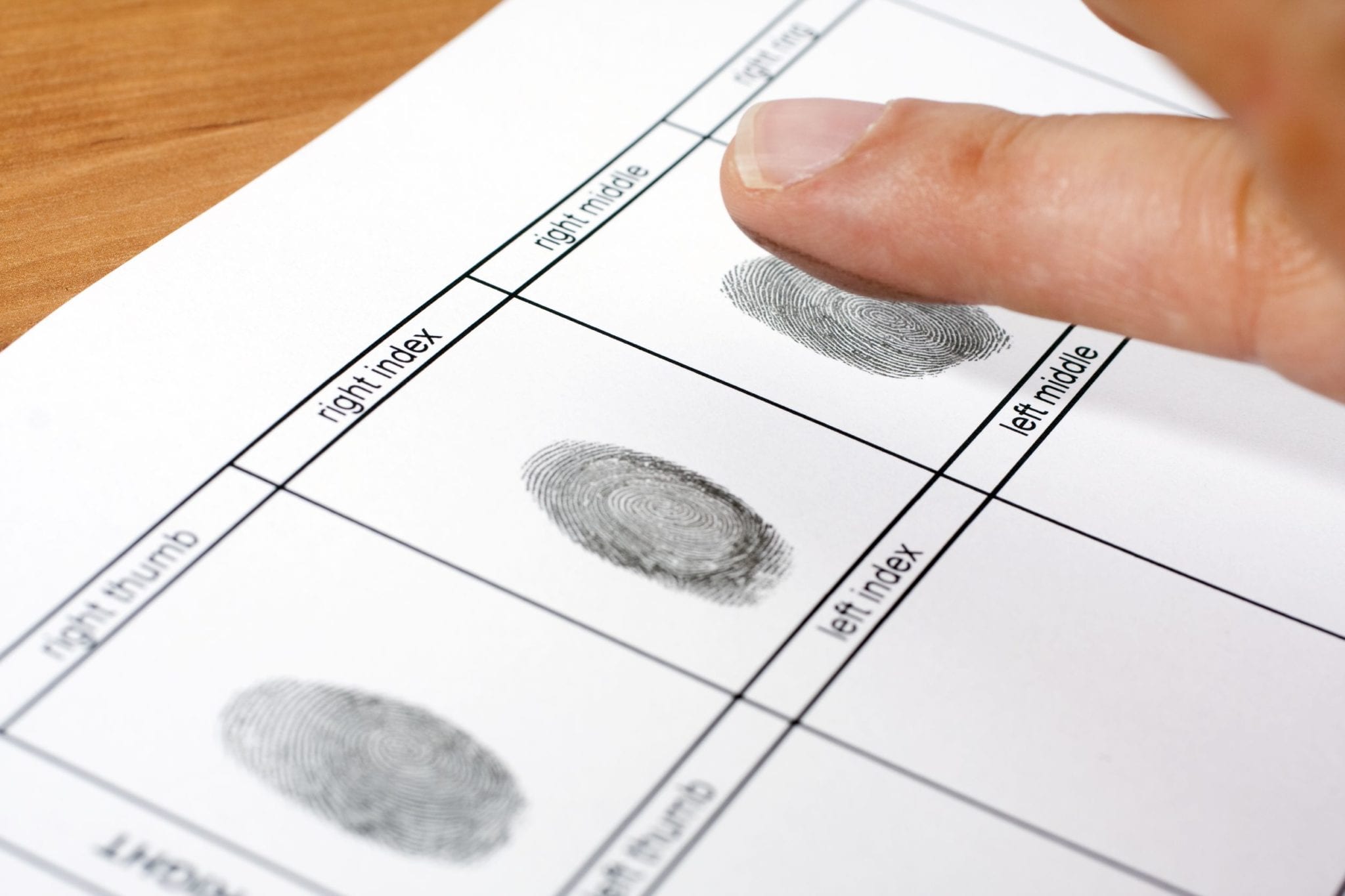Law enforcement officers have broad discretion and legal responsibility to uphold the law. That doesn’t make them above the law, however.
Unfortunately, investigations like Operation Blue Shame reveal that some officers abuse their law enforcement discretion to a point that their actions become criminal.
For example, earlier this month, an ex-Border Patrol agent was sentenced to 166 months behind bars because of criminal wrongdoing.
He is one of six individual with law enforcement background that, despite being tasked with upholding the law, stole drugs from dealers and sold them throughout the Houston area.
Texas-Based Operation Blue Shame
The individuals involved in this case weren’t just Border Patrol agents. A former police chief is already behind bars for his participation in the scheme. An ex-DEA agent was involved as well. Altogether, up to 15 people received criminal charges as a result of Operation Blue Shame.
In addition to a charge of intent to distribute cocaine, the man who was most recently sentenced also faced charges of threatening a federal officer, which occurred in the courtroom in 2019.
Although these cases are coming to a close, this is not the final story you will hear about in 2020 or the decade to come about drug operations in the region.
Participating in any sort of drug trafficking or distribution operation comes with big penalties, including decades of jail time.
Dealing Drugs Across State Lines? That’s A Federal Crime
Drug trafficking or distribution charges occur at both federal and state levels. Why then were these individuals prosecuted in federal court?
Because national borders, as well as federal agencies, were involved.
Operation Blue Shame was a priority case for Homeland Security, and when drugs move across state lines, charged offenders can be prosecuted in both federal and state courts.
Federal Drug Trafficking Laws
Every player in Operation Blue Shame was charged with possession with intent to distribute cocaine. That is a serious crime under federal law. Not only is cocaine a Schedule I narcotic, but its distribution is also considered more serious than simple possession.
Federal Sentencing
The weight of the drugs involved also played a factor in each offender’s sentencing. At least four kilograms of cocaine were moved by the operation. That’s a lot of cocaine. The penalties for this crime begin at 10 years in prison. Offenders could face a maximum of life behind bars, and up to $10 million in fines.
In this case, a sentence of 166 months behind bars is still far from the maximum sentence for a federal crime of this nature, but the offender is still going to face close to 14 years in a cell.
Multiple-Charge Convictions
Furthermore, not all of the men targeted by Operation Blue Shame faced this single charge. Different players wound up facing different charges including kidnapping and making a false statement to federal agents. These additional counts factored into the sentencing decisio.
Let’s circle back to the original statement that in Texas, when drug trafficking crosses state lines
offenders may face prosecution in both state and federal courts. So how does this compare to state penalties?
Federal vs. State Drug Trafficking Penalties
The short answer to this question depends on the amount (and type) of drugs involved in a trafficking scheme. Texas sentences start with a conviction involving less than one gram of cocaine.
If an offender is convicted of possessing, selling, or manufacturing less than a gram of any Schedule I drug at the state level, they will still face a state jail felony. Penalties include up to two years behind bars and up to $10,000 in fines.
Less than one gram is a long way away from four kilograms. The highest sentence someone can receive for drug crimes involving cocaine at the state level starts at 400 grams.
Penalties include up to 99 years behind bars and up to $100,000 in fines. (Offenders will face $250,000 if they sold or manufactured cocaine for delivery.)
How the Feds Decide When to Get Involved
By the time a Texas-based drug trafficking operation reaches at least one kilogram of cocaine, this may drawn interest from federal prosecutors as well.
Because there are drug trafficking laws on both sets of books, any time the feds want to take up a case like this, they can regardless of whether the activities cross state lines.
Despite different sentences, however, one thing remains certain: anyone arrested for drug crimes is innocent until proven guilty. There are ways to walk out of a courtroom without any charges, or with a lesser charge that may result in a smaller penalty.
Onto the Next Texas Drug Trafficking Operation
Each year, over 40,000 pounds of cocaine are seized at the border. The numbers are even higher for methamphetamine and marijuana. That’s over 18,000 kilograms, every single year.
Law enforcement officers are constantly on the lookout for drug operations around the border and throughout the state of Texas, and they aren’t just worried about gang members or civilians who have fallen into trafficking operations.
Operation Blue Shame is not the end of these kinds of efforts. Investigators will continue to search for, arrest, and prosecute officers who use their power to further commit unlawful acts.
If you have found yourself involved in an inside operation, your best bet is to seek experienced legal representation — and sooner than later!






